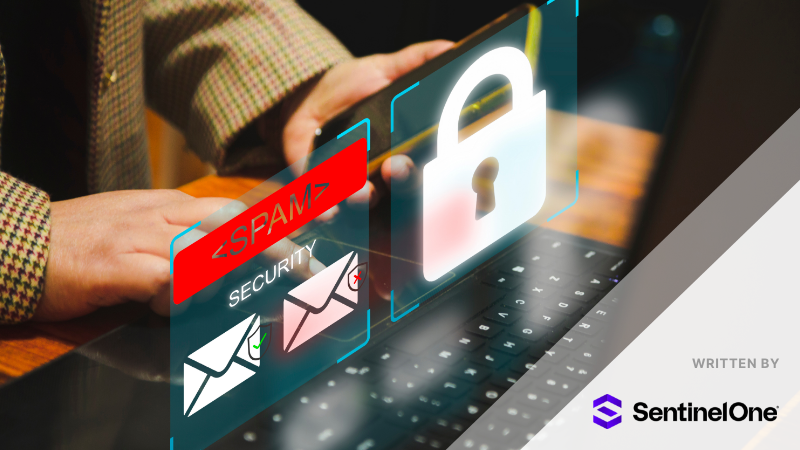Safer Internet Day is observed every February and aims to raise awareness about online safety issues to promote safe digital habits, especially for children and young people.
The internet plays a pivotal role in our daily lives, from work to education to entertainment, and ensuring a safe online experience is crucial. The slogan, “Together for a better Internet,” encourages everyone to join the movement and play a role in building a safer Internet in order to bring people together from around the world.
In doing our part, we laid out best practices to follow to safely use the internet.
1. Use Strong, Unique Passwords
Create strong, complex passwords for your online accounts. A strong password typically includes a mix of uppercase and lowercase letters, numbers, and special characters.
Example: Instead of “password123,” use something like “P@ssw0rd$ecur3!”. Consider using a reputable password manager to generate and store your passwords securely.
2. Enable Two-Factor Authentication (2FA)
Whenever possible, enable 2FA for your online accounts. This adds an extra layer of security by requiring you to enter a one-time code sent to your mobile device or email in addition to your password.
Example: Many email services, social media platforms, and banking apps offer 2FA options.
3. Stay Informed About Phishing Scams
Be cautious of unsolicited emails, messages, or links, especially those requesting sensitive information like passwords, credit card details, or Social Security numbers.
Example: You receive an email claiming to be from your bank, asking you to click a link and provide your login credentials. Always verify the sender’s authenticity before taking any action.
4. Keep Software and Operating Systems Updated
Regularly update your operating system, web browsers, and software applications. These updates often contain security patches to address known vulnerabilities.
Example: Set your computer and mobile devices to automatically download and install software updates.
5. Practice Safe Browsing Habits
Avoid visiting suspicious websites or clicking on questionable links, especially those promising free downloads or prizes. Use a reputable antivirus and anti-malware program to protect against malicious software.
Example: You come across a website offering free movies but asking you to download a suspicious plugin. Avoid such websites and only download content from trusted sources.
6. Use Secure and Updated Web Browsers
Ensure that you use the latest version of a reputable web browser (e.g., Chrome, Firefox, Safari, Edge) because they often come with built-in security features and updates. Keep browser extensions and plugins to a minimum, and regularly review and update them.
7. Verify Website URLs
Before clicking on a link, hover your mouse over it to preview the URL in the status bar or address bar. Verify that the URL matches the website you intend to visit. Be cautious of websites with misspelled URLs or unusual domain extensions.
8. Look for HTTPS Encryption
Ensure that the websites you visit use HTTPS (HyperText Transfer Protocol Secure). Look for the padlock icon in the address bar, which indicates a secure connection. Avoid entering sensitive information on websites without HTTPS.
9. Avoid Torrent and Piracy Websites
Downloading copyrighted material from torrent or illegal streaming websites can expose you to malware and legal consequences. Stick to legal and reputable sources for content. Use legitimate streaming services and consider paid subscriptions for content access.
10. Be Cautious with Downloads
Only download files, software, or applications from trusted sources, such as official websites or app stores (e.g., Google Play Store, Apple App Store). Be cautious with email attachments and only open them if you trust the sender.
11. Regularly Clear Browser Cookies and Cache
Clear your browser’s cookies and cache regularly to remove stored data that can potentially be used to track your online activities. Consider using private or incognito browsing modes for added privacy.
12. Use Ad Blockers and Script Blockers:
Consider using browser extensions that block ads and scripts. Some malicious ads and scripts can lead to security vulnerabilities. Use these extensions with caution, as some websites may require you to disable them for proper functionality.
Safer Internet Day serves as a reminder for individuals, businesses, and organizations to prioritize cybersecurity, protect personal information, and promote a culture of responsible online behavior. As part of the connected global community, it’s incumbent on all of us to play a role, fostering a collective commitment to a safer and more secure internet for all.




